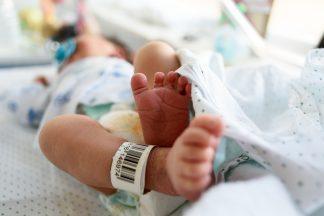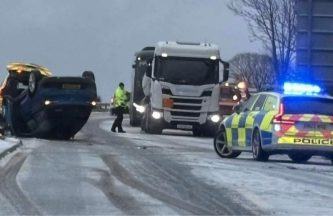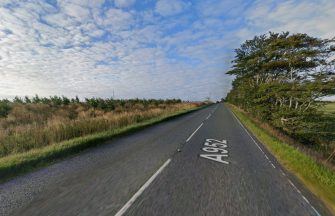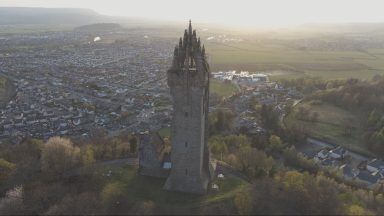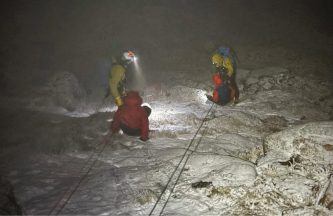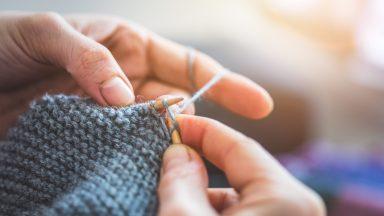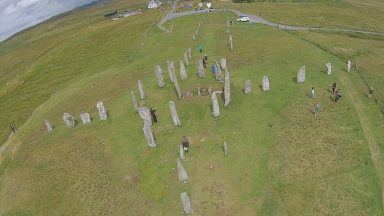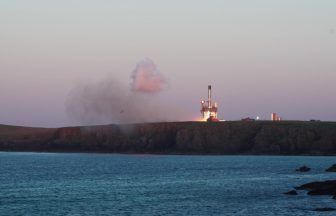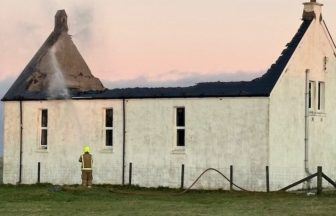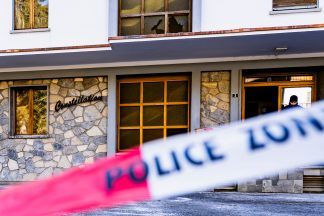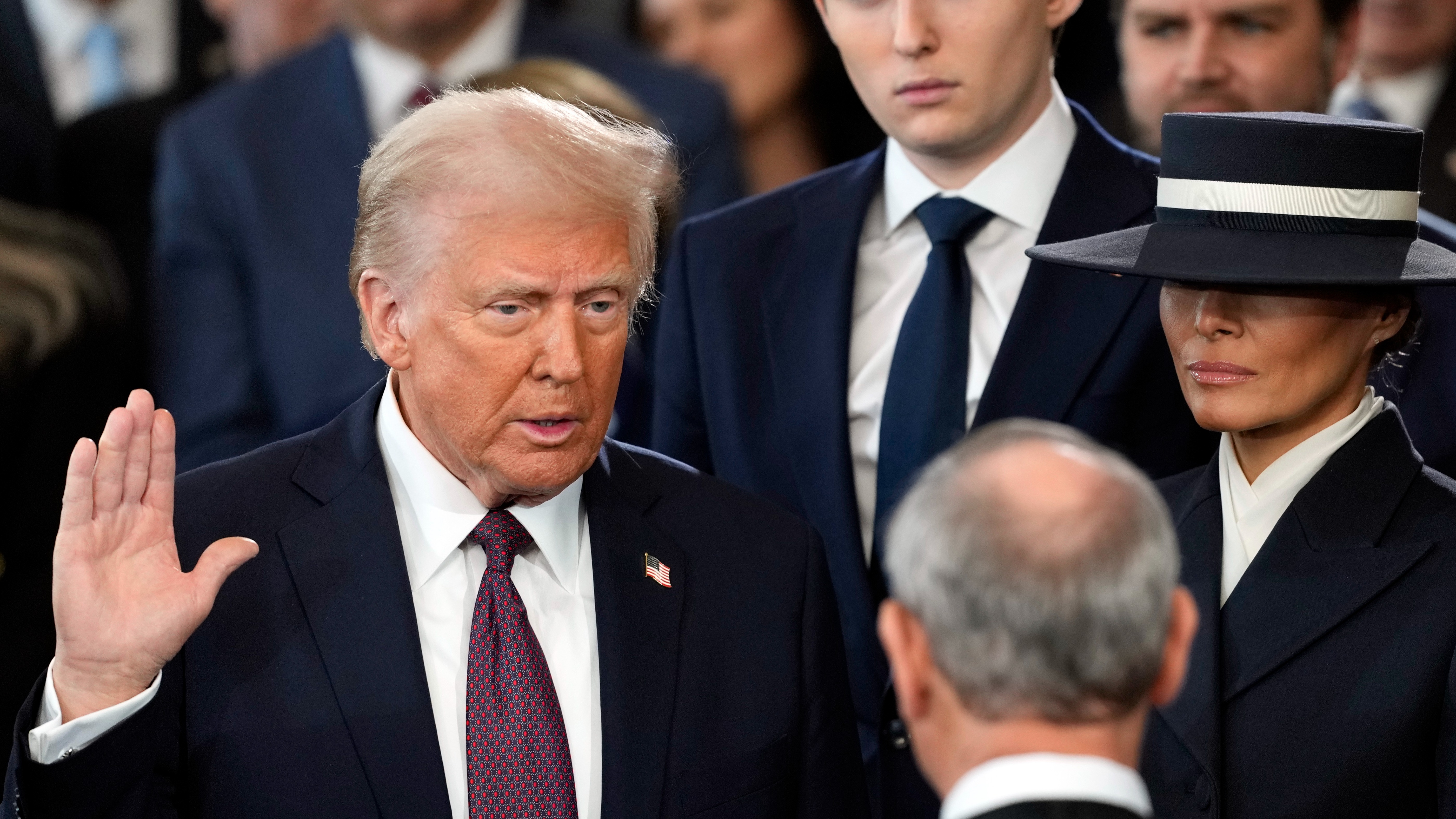A memorial has been unveiled to commemorate a band of war heroes who served with the Indian Army and perished in the Scottish Highlands.
Nine soldiers were buried at a cemetery in Kingussie. The new monument stands prominently in the centre of the town.
People came from all corners of the UK for a pilgrimage to honour the men.
The Indian Army’s Force K6 was a transport unit that used mules to deliver vital supplies to frontline troops. It was despatched to various UK destinations.
The nine soldiers who died during training in the Cairngorms are remembered on the new stone-built tribute.
Among those attending the unveiling was 99-year-old Isobel Harling from Kingussie who had served in the Navy.

She tended the men’s graves for seven decades, influenced by kindly people who had done the same for her brother after he was shot down in Belgium.
Nasim Azad of the Muslim Council of Scotland, who travelled from Edinburgh for the ceremony, was thrilled to have met Isobel.
Ms Azad said: “She decided to take it upon herself to care for them with love but for no return – no return – for 70 years.
“For 70 years she took care of those graves, so it’s an absolute honour to have met such a wonderful, wonderful lady.”
Also attending the multi-faith event was Asif Hassan Sheikh of the Scottish Ahlul Bayt Society.
He said: “Thank you Scotland for looking after these sons who served so faithfully and gave their lives for the cause.”
Puneet Dwivedi of Hindus In Scotland said: “It’s very important to recognise the efforts of the soldier who gave their life for world peace.
“And I’m really impressed with Highland Council and the community here who built this memorial.”
He added: “It’s a changing world and this shows that all colours of people are the same and they’re honoured for their work.”
Memorial project officer Heather Taylor said: “The design was based on pulling together several aspects of faith, hope and charity – the charity that Isobel has shown, the hope that we have for the future tomorrow and the faiths that are represented here today.
“We’ve got an Islamic inscription from the Qur’an. We’ve got a Christian inscription and we’ve also got representation from the Hindu faith as well – all brought together under Isobel’s guidance.”
The men laid to rest at Kingussie New Cemetery are Ali Bahadur, Bari Sher, Dadan Khan, Fazl Ali, Khan Muhammad, Khushi Muhamm, Muhammad, Muhammad Sadiq and Mushtaq Ahmad.
The black granite stone monument is the UK’s first permanent memorial to all ranks of Force K6. It was engraved and adorned with gold leaf by Inverness monument makers Andrew Stewart and Son Ltd.
Craftsman Marc Bruce from Aviemore chose Indian sandstone and mixed shades of locally sourced Cairngorm granite.
Kingussie’s Am Fasgadh Regeneration Company was awarded £20,706 through a Highland Council investment programme to put towards the match-funded Force K6 memorial project.
Isobel Harling was awarded a British Empire Medal for her dedication.
Force K6 came from across India including the country now known as Pakistan.
They arrived in France in 1939 – with their mules – to provide animal transport for the Allies.
During Hitler’s infamous ‘Blitzkrieg’ one company was captured in Gerardmer. The others were evacuated with the British Expeditionary Force from Dunkirk and other ports.
After postings in England and Wales most of the companies ultimately arrived in the Highlands.
The 51st Highland Division remained with the French 9th Army to attempt to deny and delay Rommel’s advancing troops from further gains.
From June 1942 they had several camps in Badenoch and Strathspey from where they supported winter warfare training in the Cairngorm mountains.
The soldiers were popular in the local communities, helping on farms, playing with children, sharing cultural cuisine and demonstrating their flair for horsemanship.
After postings to other locations in the Highlands, they returned to India by early 1944.
Fourteen of the Force K6 men died in Scotland.
For outstanding duty in France, members of Force K6 received an MBE, an Indian Order of Merit, three Indian Distinguished Service Medals and one mention in despatch.
The British Indian Army contributed 1.5 million servicemen in World War I. A total of 74,000 died and up to 100,000 were injured.
In World War II, there were 2.5million service personnel – 87,000 of whom died and up to 150,000 were injured.
The soldiers were Hindu, Muslim, Sikh, Gurkhas, and Indian Christians.
Follow STV News on WhatsApp
Scan the QR code on your mobile device for all the latest news from around the country


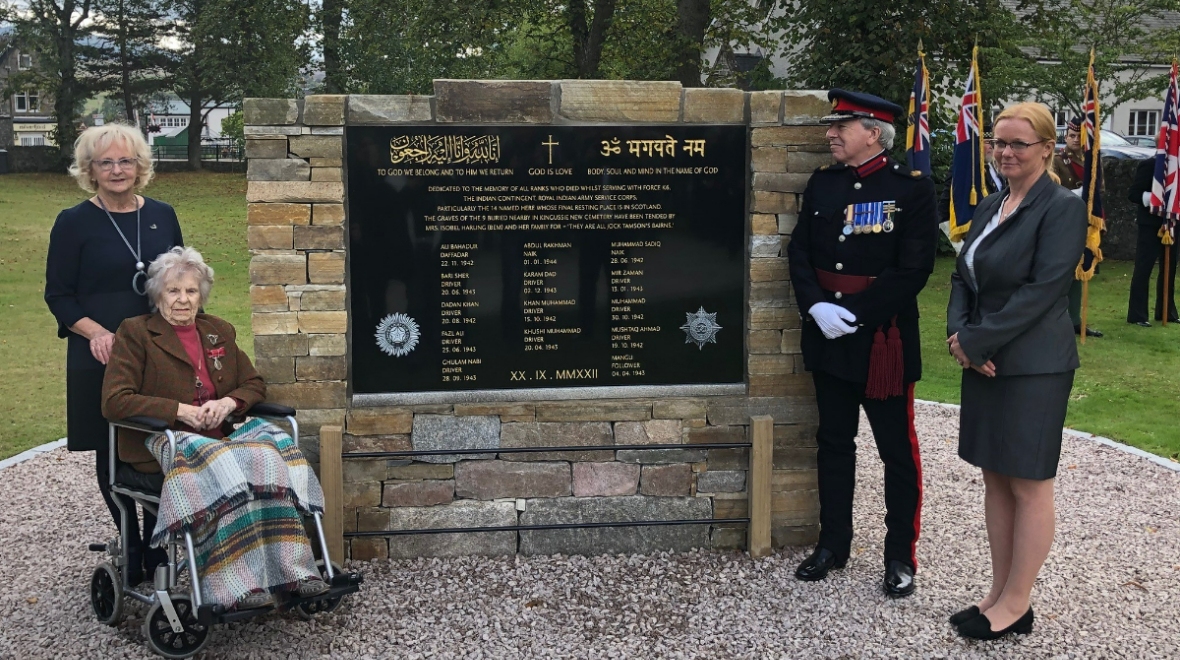 STV News
STV News



